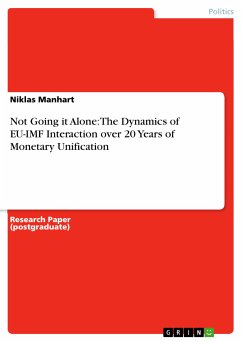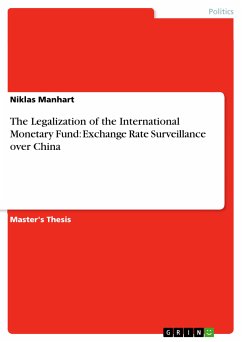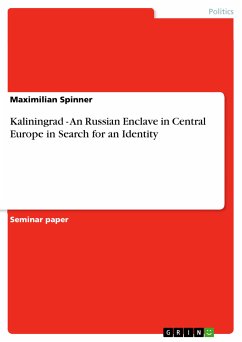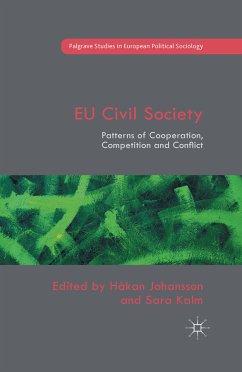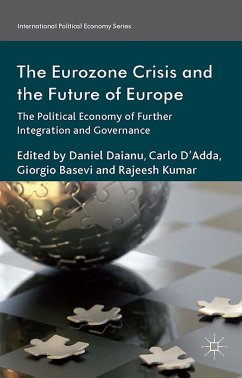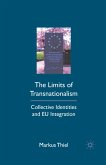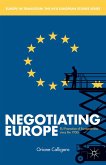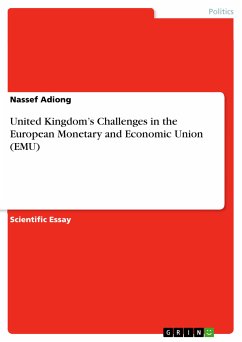Research Paper (postgraduate) from the year 2014 in the subject Politics - International Politics - Topic: European Union, grade: 1,5, London School of Economics (European Institute), course: MPhil/PhD Programme, language: English, abstract: This paper assesses the dynamics of EU-IMF interaction over the course of European monetary unification. Thereby, it adds to a growing body of literature on the external dimension of EU policy-making. To illustrate how EU-IMF relations have changed over the last 20 years, the paper first finds that member states remain the primary, but not the only actors. Second, it provides a descriptive account of EU-IMF relations in the observed period, both in its institutional and functional dimension. Its main finding is that institutional and functional interaction have not developed in parallel, i.e. that the increase in day-to-day engagement between the IMF and the EU through the activities of surveillance, lending and technical assistance, in particular as a result of the sovereign debt crisis in the euro zone, has not corresponded to formalization of EU-Fund relations.

